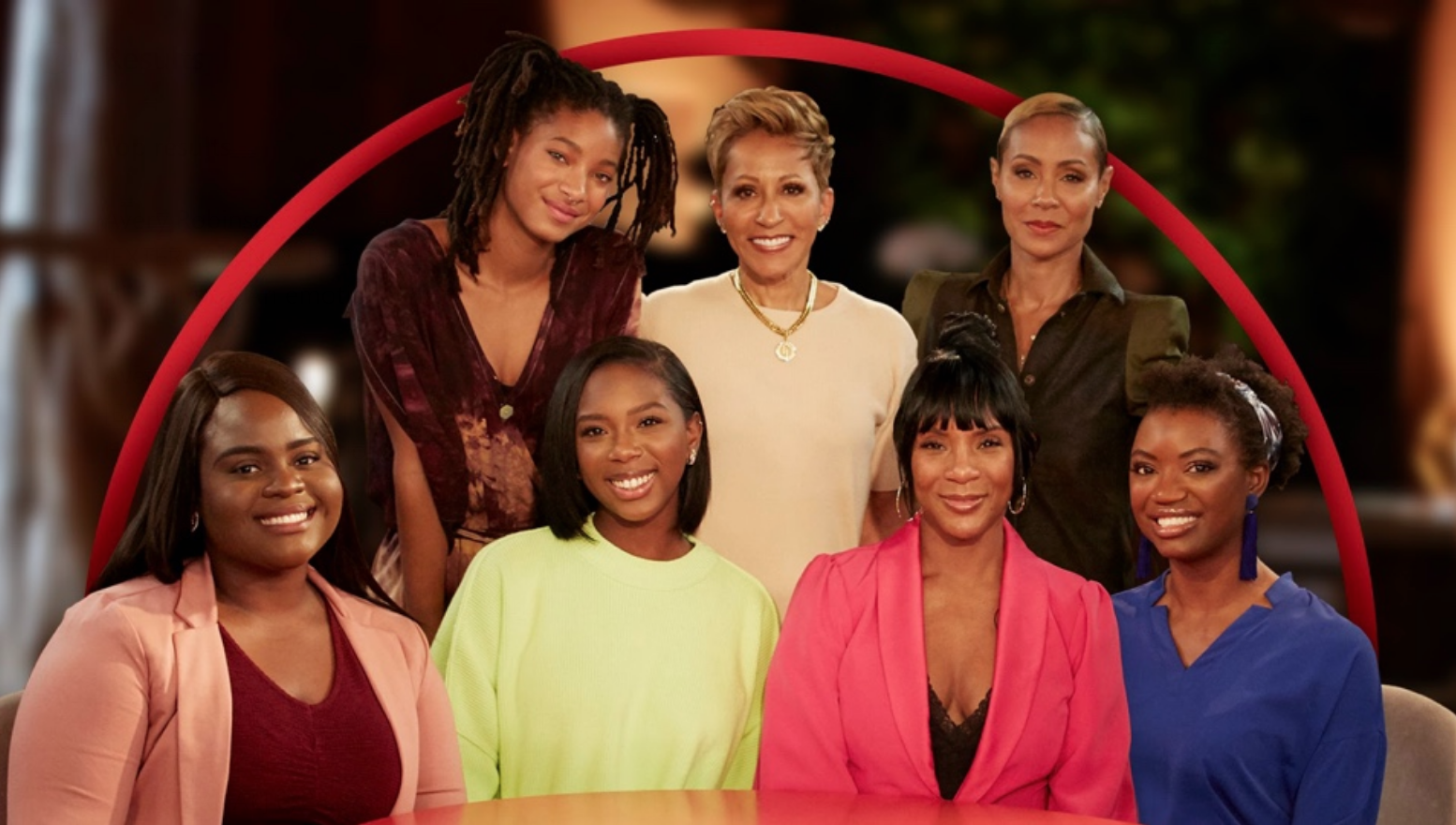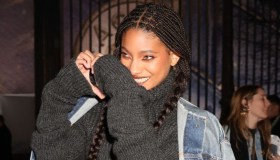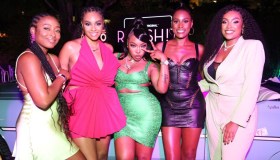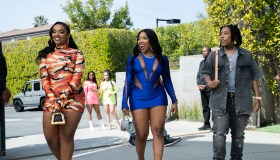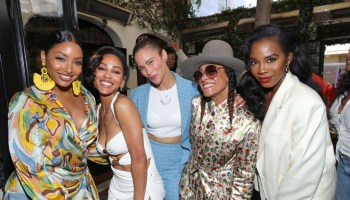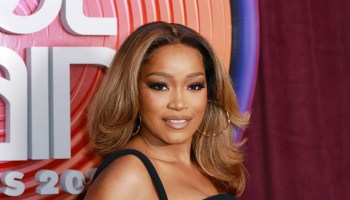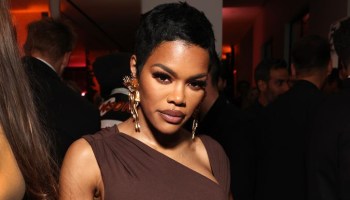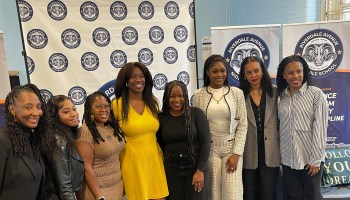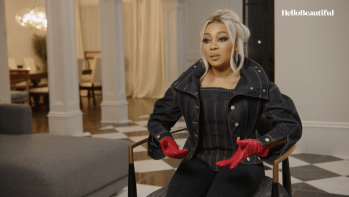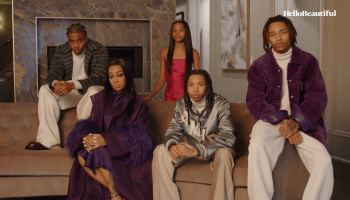When you look at Willow Smith, on the latest (pre-isolation filmed) episode of Red Table Talk, she is proudly rocking locks in pig tails. She’s since cut her hair in a live experiment promoting her album but Willow, who rose to her own musical fame with her infectious song Whip My Hair, didn’t always take pride in her kinky curly tresses.
“One of the issues for me growing up was my hair,” Willow revealed on the latest RTT that focuses on colorism in the Black community. “I would look at her [my cousin’s] hair and be like ‘I would be so much prettier if my hair wasn’t so kinky.'”
Willow’s bold statement was just a taste of the larger conversation at the red table. Joined by Jada’s best friend Mia and her daughter Madison, Gammy Jada and Willow represented two ends of the spectrum.
Breaking down the history of colorism in voiceover, Jada explained how the roots of it arose during slavery. “Owners often raped their slaves who gave birth to light-skinned children. [Those children] were given preferential treatment. Lighter meant better, smarter, and more beautiful. This hateful bias seeped into black culture and continues to divide us.”
While a fair skin Gammy remembered light skin women being bullied in her day, Mia and Madison faced discrimination based on their darker skin.
“It’s so really deeply rooted,” said an emotional Gammy. She went on to remember how her grandmother, who was West Indian, didn’t want her to play with her neighbors because they were dark skin.
Jada’s longtime friend Mia recalled being told by an NBA player, during her time as a dancer on the Knicks, that she would never snag a baller because they don’t date dark skin women.
“We ultimately choose women who are lighter,” she recounts. “[My thoughts about my skin] [weren’t] full impact until I had [my daughter]…as she got darker, I was like ‘ooh ooh, this is a problem…’ I [didn’t] want her to have the same type of scenarios that I did, like never being told she’s beautiful.”
Because of her own self-esteem issues with his complexion, Mia showered her daughter Mia with praise but she learned she was overcompensating and placing more emphasis on her skin color being different. Madison revealed her struggles with colorism and how boys at school would call her “darkie” and refused to date dark skin girls.
The conversation concludes with the group walking away from the table with more insight into what it feels to be in each other’s skin. Watch it, here.
RELATED STORIES:
‘Dark Girls 2’ Digs Even Deeper To Explore Colorism In The Black Community
Joseline Hernandez Can Teach A Lesson On Colorism
‘LHHATL’ Star Spice Checks Co-Star Akbar On Her Colorism Comments

